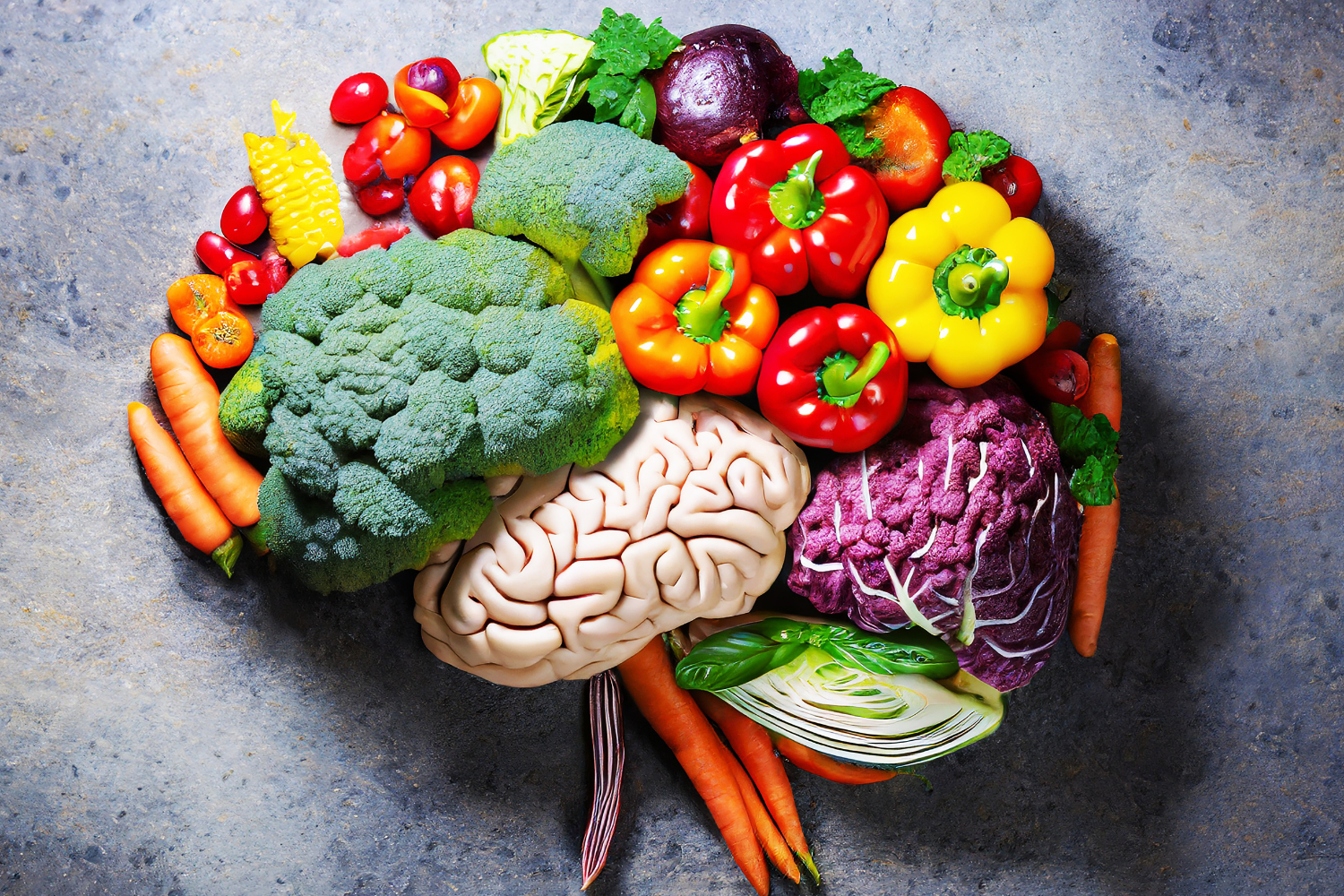Linking Gut Health to Cognitive Function and Mood
Have you ever had a gut feeling that something was off, and it turned out you were right? That wasn’t just your imagination. The gut and brain are in constant conversation, quietly shaping the way you think, feel, and respond to the world. What happens in your stomach doesn’t stay in your stomach. It travels, communicates, and influences your mood, your thoughts, and sometimes even your energy.
This back-and-forth relationship is called the gut-brain connection, and it’s more powerful than most people realize. Researchers are finally confirming what many have felt for years: a healthy gut supports a healthier mind.
What Is the Gut-Brain Connection?
Your gut isn’t just breaking down food—it’s also sending messages up to your brain all the time. This isn’t some vague idea. There’s an actual nerve, called the vagus nerve, that links your digestive system directly to your brain. Along that path, tiny chemical messengers are always moving, telling your brain how your gut’s doing and, in many ways, shaping your mental state.
Have you ever felt nervous and had your stomach tie itself into a knot? Or had a gut ache during a stressful day? That’s your body showing how deeply connected the two systems are. The gut-brain connection is like a conversation that never stops, and it matters a lot more than people used to think.
The Role of Gut Bacteria in Brain Function
Inside your gut live trillions of bacteria. They’re not there to hurt you; most of them are working hard to help you stay balanced. These tiny creatures make up what’s known as your microbiome, and they do a lot more than help with digestion.
In fact, your microbiome and brain function are closely linked. When your gut bacteria are diverse and healthy, your brain tends to work better, too. People often report feeling more clear-headed, focused, and even emotionally balanced when their gut is in good shape. Scientists are still discovering exactly how it all works, but we already know enough to say this: feeding your gut the right way can significantly impact how your brain functions.
Studies have shown that gut health affects how well people remember things or concentrate during tasks. When gut bacteria are off, the brain can feel foggy or scattered.

How Gut Health and Mental Health Are Linked
When your gut is out of balance, whether inflamed, irritated, or simply overwhelmed, your mental health is usually the first to feel the effects. Sometimes it shows up as anxiety, sometimes as mood swings, and other times it’s just that foggy, restless feeling you can’t quite explain.
Here’s what’s really happening behind the scenes:
The Gut and Brain Are Constantly Talking
- The gut sends signals to the brain using nerves, hormones, and chemicals.
- Communication shapes how you think, feel, and respond to stress.
Serotonin Starts in the Gut
- Around 90% of your serotonin, the “feel-good” hormone, is made in your gut.
- If your gut isn’t functioning properly, it may not produce enough of these mood-regulating chemicals.
- That can trigger emotional dips even when everything else in life seems fine.
When One System Struggles, So Does the Other
- Gut problems often show up as emotional symptoms first.
- Depression, anxiety, irritability, and even poor sleep can all be traced back to gut health issues.
- These symptoms aren’t imagined; they’re biological responses tied to your inner ecosystem.
Taking care of your gut isn’t just about digestion; it’s about protecting your mental peace, too.
How Gut Affects Mood and Emotions
Sometimes, your emotions feel heavy for no apparent reason. You wake up irritable, or you crash halfway through the day, emotionally drained. One thing people often overlook is the role their gut may play in that emotional rollercoaster.
The gut plays a crucial role in producing mood-regulating chemicals, including dopamine and serotonin. When your gut isn’t balanced, like after days of eating junk food, being stressed out, or missing sleep, those chemicals get thrown off. That’s when you start to feel off, too, emotionally speaking.
Stress also messes with digestion. It slows it down, disrupts your stomach lining, and can shift your gut bacteria. And then, in turn, that messed-up gut starts making the stress worse. It’s a loop. But once you start seeing the pattern, it becomes easier to manage.
Start paying attention to how your mood shifts after certain meals or stress spikes. The connection is real, and you’ll feel it once you know where to look.
Cognitive Benefits of Probiotics and Other Gut Helpers
Probiotics are like helpful visitors to your gut. They’re live bacteria that add good support to your internal ecosystem. And yes, they do more than help with digestion—they can actually help you think clearly, focus longer, and even handle stress better.
When people talk about the cognitive benefits of probiotics, they’re referring to how these bacteria support your brain just as much as your belly. They influence inflammation, regulate the immune system, and help maintain a good chemical balance that your brain needs to function well.
Here are some probiotic-rich foods that support both the gut and brain:
- Yogurt (with live cultures)
- Kimchi or sauerkraut
- Miso and tempeh
- Kefir
- Kombucha
Even if you’re not into fermented foods, there are supplements you can take. But food sources tend to be easier for your body to work with, especially when they’re part of your daily routine.

How to Improve Gut Health Naturally
If you’re looking to improve gut health naturally, you don’t need to flip your life upside down. A few smart, steady changes can help your gut thrive and keep your brain in a better place, too.
Here’s a simple cheat sheet to get you started:
Habit | Why It Helps |
Eat more fibre | Feeds good bacteria and improves digestion |
Add fermented foods | Replaces missing beneficial bacteria |
Avoid processed junk | Reduces inflammation in your gut |
Move your body daily | Boosts digestion and lowers stress |
Get solid sleep | Helps gut bacteria reset and balance |
Drink more water | Supports digestion and toxin removal |
Even if you just choose two or three habits to work on, your gut and brain will start to notice. You don’t have to be perfect. Just be consistent.
Conclusion
The gut-brain connection isn’t some mysterious wellness trend. It’s a real, living part of how your body works every day, and it has the power to change how you feel, think, and respond to the world around you.
By taking care of your gut, feeding it well, letting it rest, and keeping it calm, you’re also caring for your mind in ways that go way deeper than surface-level fixes. Every choice you make adds up. And the beautiful thing is, your body wants to work with you. It’s waiting for the support, and it knows exactly what to do with it once you start.
Let your gut and your brain work like the team they’re meant to be. They’re always talking. The question is, are you ready to listen?


